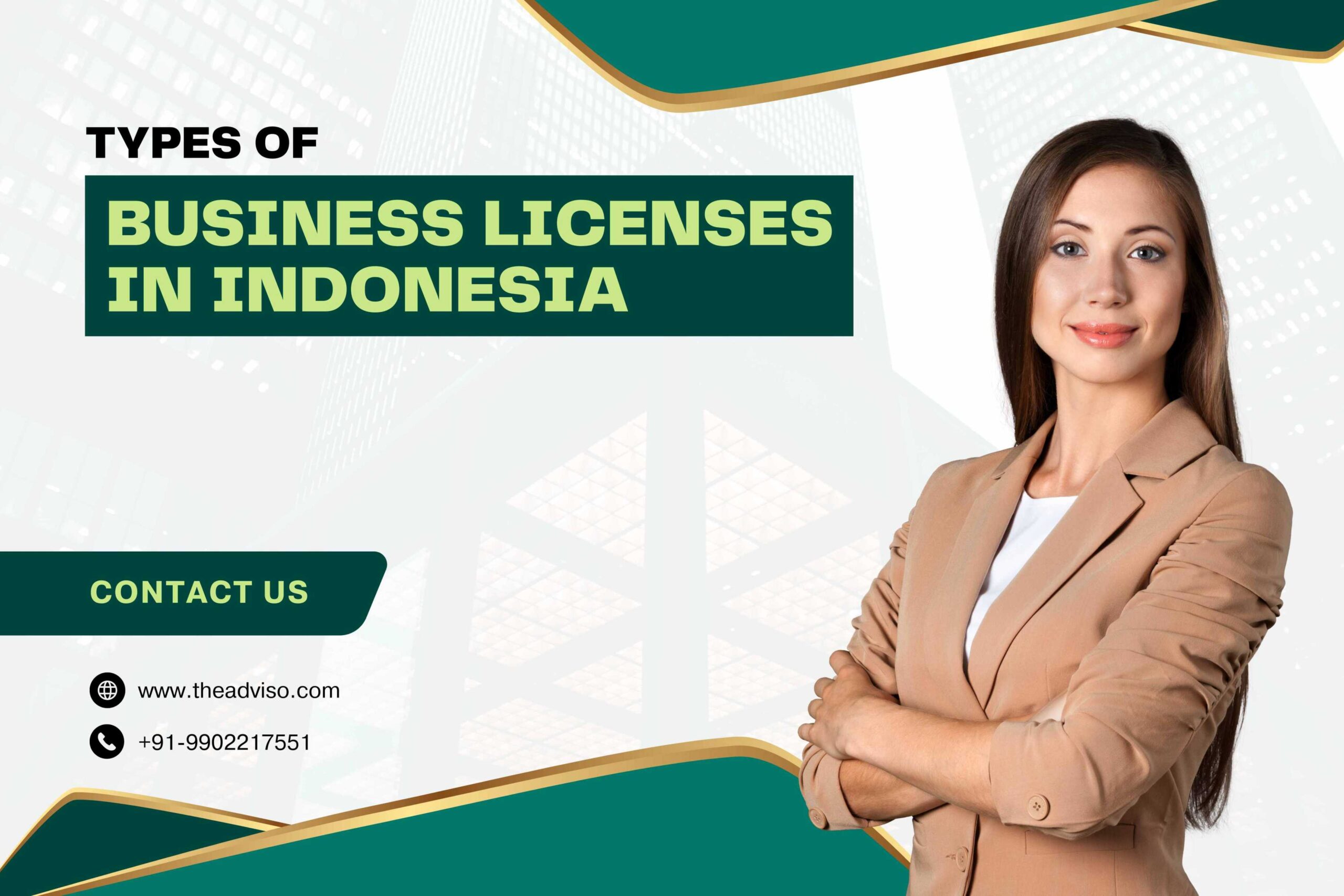Business Licenses in Indonesia
Starting a hassle-free business journey begins with underlining key legalities, which include knowing applicable business licenses in Indonesia, operational compliances, and relevant tax slabs. Business licenses are legal permits classified into primary and non-primary licenses. They are used to make businesses operational from a legal standpoint. Depending on the type and industry, the legalities tied to these licenses vary significantly. Let’s delve into these licenses to underscore their significance and requirements.
Underlining Different Types of Business Licenses in Indonesia
The section below boasts exhaustive information on different types of business licenses available in Indonesia. Notably, their applicability depends on the business type and industry being served.
Primary business licenses
Primary business licenses, as the name suggests, are the fundamental legal permits widely used across the corporate landscape in Indonesia. They are categorised into three main licenses depending on the industry being served. These include:
General Business License (NIB)
The General Business License is one of the fundamental business licenses in Indonesia. Acknowledged as NIB (Nomor Induk Berusaha), this registration encompasses a wide range of businesses, including commercial outlets, consulting firms, etc. It acts as a founding legal permit for most establishments across Indonesia.
Check out our web stories: 7 Valuable Startup Registration Types in India
Industrial Business License (IUI)
Entities belonging to the manufacturing and production sector must have an Industrial business licence i.e. IUI. This license requires entities to comply with required standards for safety and quality.
Construction Business License (SBU)
A Construction Business License (SBU) spans entities belonging to the construction sector. It also applies to entities that engage in building, infrastructure development, and other related activities. SBU underlines various norms to elevate safety levels at the place wherein construction projects are active.
Non-primary licenses
Non-primary licenses apply to establishments like hotels, restaurants, and transportation companies. They can exist as follows:
Restaurant License
A restaurant license is a mandatory permit for businesses offering services concerning food and beverages. Obtaining this license requires adhering to underlying hygiene standards and norms, assuring the utmost safety and well-being of the end-users.
Hotel License
A hotel license is one of the primary business licenses in Indonesia for establishments serving the hospitality sector. This license spans businesses facilitating accommodation services to guests. The hotel license governs several aspects, including cleanliness, safety, and security.
Transportation License
Regardless of the scalability, businesses belonging to the transportation sector must have a transportation license. The license primarily regulates the safety aspects of the business, reinforcing a sense of trust among end-users. It also oversees vehicle maintenance and adherence to transportation laws.
Primary business licenses vs. non-primary business licenses
Differences between primary business licenses and non-primary ones revolve around 5 fundamental parameters discussed below:
Applicability
Understanding the difference between primary business licenses and non-primary ones is vital to staying abreast of legalities. The main difference between these licenses lies in their applicability. While the former serves as a general legal permit that applies to diverse businesses, the latter governs a limited number of establishments.
Registration process
Another key difference revolves around the registration process. Whereas primary licenses attract minimal paperwork and can be availed easily online, non-primary ones require considerable legwork since they adhere to plenty of regulatory requirements.
Cost
Another notable difference is the cost. Since primary licenses are widely used, the cost of acquiring them is considerably lower than non-primary ones. The license cost is based on application processing time and compliance threshold.
Time
Time is another important differentiator. While primary licenses require less time to be processed owing to minimal compliances, non-primary licenses can take days before the evaluation process ends. This is because these licenses attract various norms and follow stringent vetting process.
Paperwork
The paperwork is the backbone of every registration process no matter the industry or business type. The primary license attracts minimal dossiers such as business place proof, owner ID, etc. However, that is not the case with the non-primary license since they sit on stringent norms and thus require many dossiers to substantiate various aspects of a business, including safety, quality, and hygiene.
Conclusion
If you are planning to kickstart a new venture, knowing all types of business licenses in Indonesia is pivotal. Depending on the industry and scope of operation, you may need both licenses to keep your business up and running. Undeniably, doing so can be taxing given the stringent legalities and complicated paperwork. To stay atop, you can choose to avail cutting-edge services of Adviso, backed by a team of seasoned professionals specialized in diverse fields.
Read Our Article: 8 Undeniable Benefits Of Opening A Business In Indonesia




